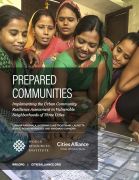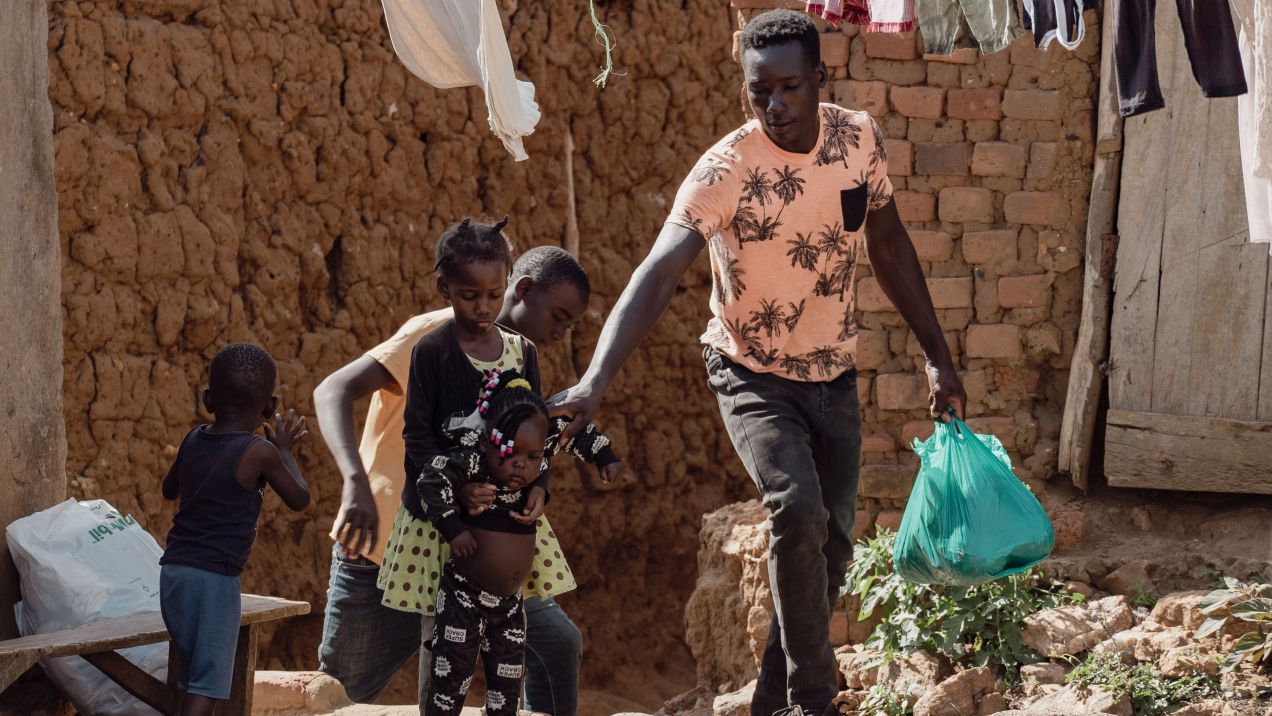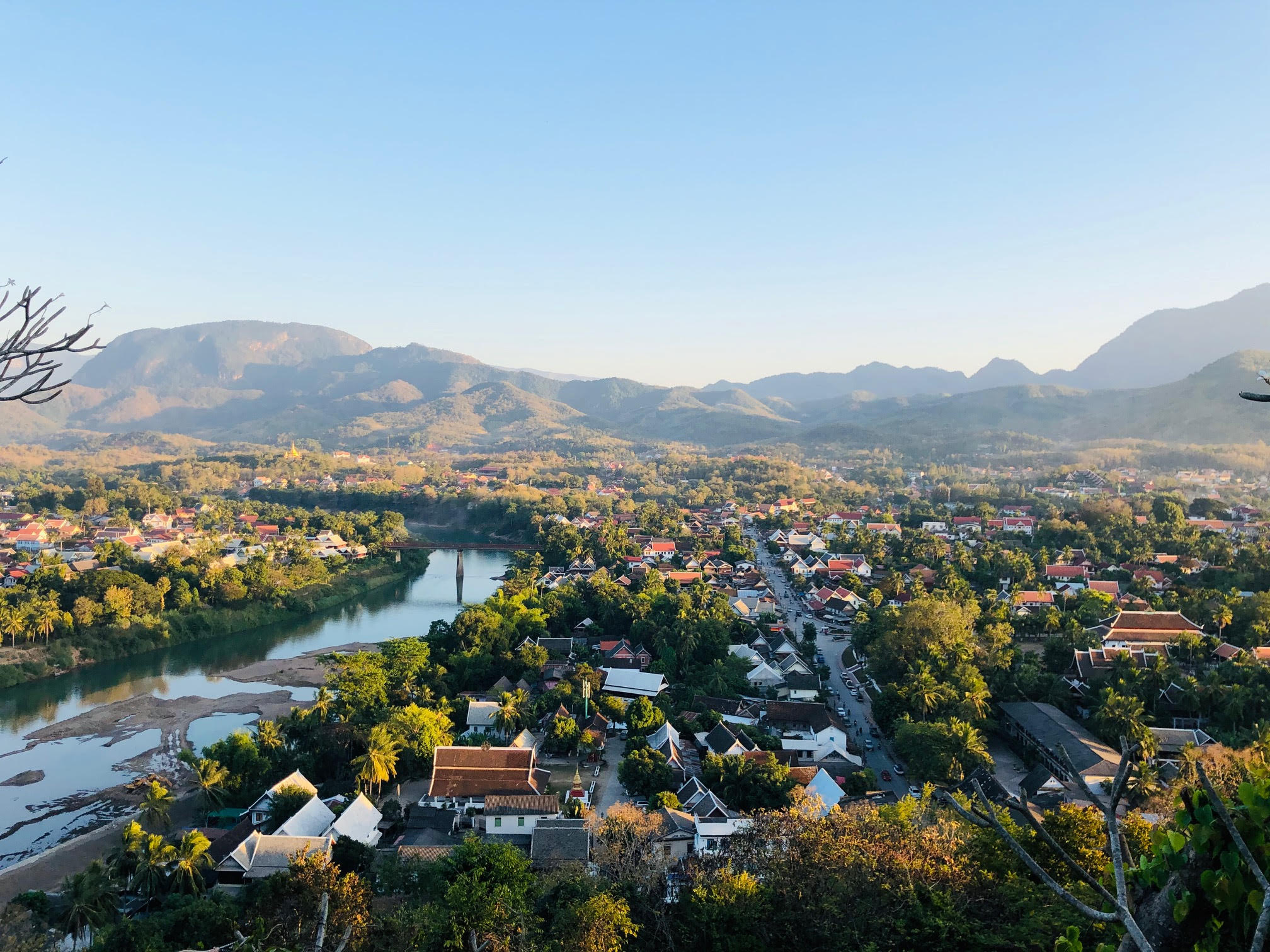
Climate change affects poor and marginalised communities first and hardest. Particularly in cities, a lack of access to basic services, a long history of unsustainable urban development, and political exclusion render the urban poor one of the most vulnerable groups to climate induced natural hazards and disasters. Yet strategies focused on reducing these people’s vulnerability to climate change often overlook crucial differences in their needs and situations.
In response, WRI, with support from the Cities Alliance Joint Work Programme on Resilient Cities, has developed the Urban Community Resilience Assessment (UCRA), a tool for city planners to measure differentiated needs for climate resilience. Accurate and detailed risk data at the city and neighbourhood levels is key to ensuring cities will develop appropriate resilience responses.
Measuring how communities and individuals have responded to potential climate risks can help identify needs for resilience and inform effective urban resilience planning. UCRA was piloted in three low-income and vulnerable communities: Rio de Janeiro, Brazil, Surat, India, and Semarang, Indonesia. This report describes the pilot project results, insights and the potential for UCRA to build more climate-resilient cities.
Involving the urban poor in climate-resilient planning is key to ensure these strategies are implemented and reach all levels of a city. The UCRA tool links local knowledge from neighborhoods and individuals with broader city assessments. UCRA provides city planners with a clear method of collecting data that will enable them to assess how resilient cities are to the impacts of climate change. With surveys, workshop materials and insight from pilots in three cities, UCRA helps city planners and government officials understand a specific neighbourhood’s vulnerability; identify infrastructure gaps; and involve poor urban residents in planning and implementation processes.




